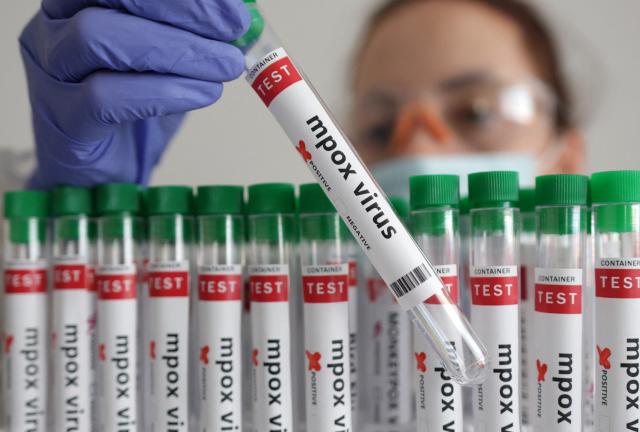AfriqueCAN
Health officials in Botswana have started screening travelers for mpox at the country’s entry points.
Neighboring South Africa has recorded three deaths as a result of the dangerous strain of mpox, and Botswana is anxious to keep out the rapidly spreading disease.
“Although we have not recorded any case of mpox in Botswana, I want to take this opportunity to assure Botswana that we have significantly enhanced our broader surveillance systems,” the country’s minister of health, Dr Edwin Dikoloti, told the media Tuesday. “We are currently intensifying our surveillance at key entry points, which is borders and airports, focusing on high-risk areas.”
South Africa shares a 1,900-kilometer border with Botswana and as of Aug. 5 had recorded three mpox deaths. In Africa, the disease has claimed the lives of more than 500 people since the beginning of the year.
Botswana Public Health Institute Acting Director Dr. Thebeyame Matsheka says travelers will be required to fill out self-assessment forms at border checkpoints.
“There are sometimes where, through just random checks, we might identify someone who appears not to be well, they will take those travelers aside and investigate further,” Matsheka said.
Meanwhile, Dikoloti said Botswana is engaging with international partners for the supply of vaccines.
According to Africa’s Centers for Disease Control and Prevention, the continent has about 200,000 vaccine doses against a requirement of at least 10 million doses.
Medication to be used for the management of mpox is available at health facilities throughout the country.
“Vaccines exist for mpox but they are not widely available,” Dikoloti added.
The World Health Organization country representative, Juliet Bataringaya, says the scale of the mpox vaccination will not be broad because the disease affects countries differently.
“We need to have a good understanding of the epidemiology in each and every country, because it is different and to understand the transmission patterns,” Bataringaya said. “These will then guide on the use of vaccines in a more targeted way to have maximum public health impact.”
She said there won’t be the kind of mass vaccination effort implemented during the COVID pandemic because the modes of transmission are different.
